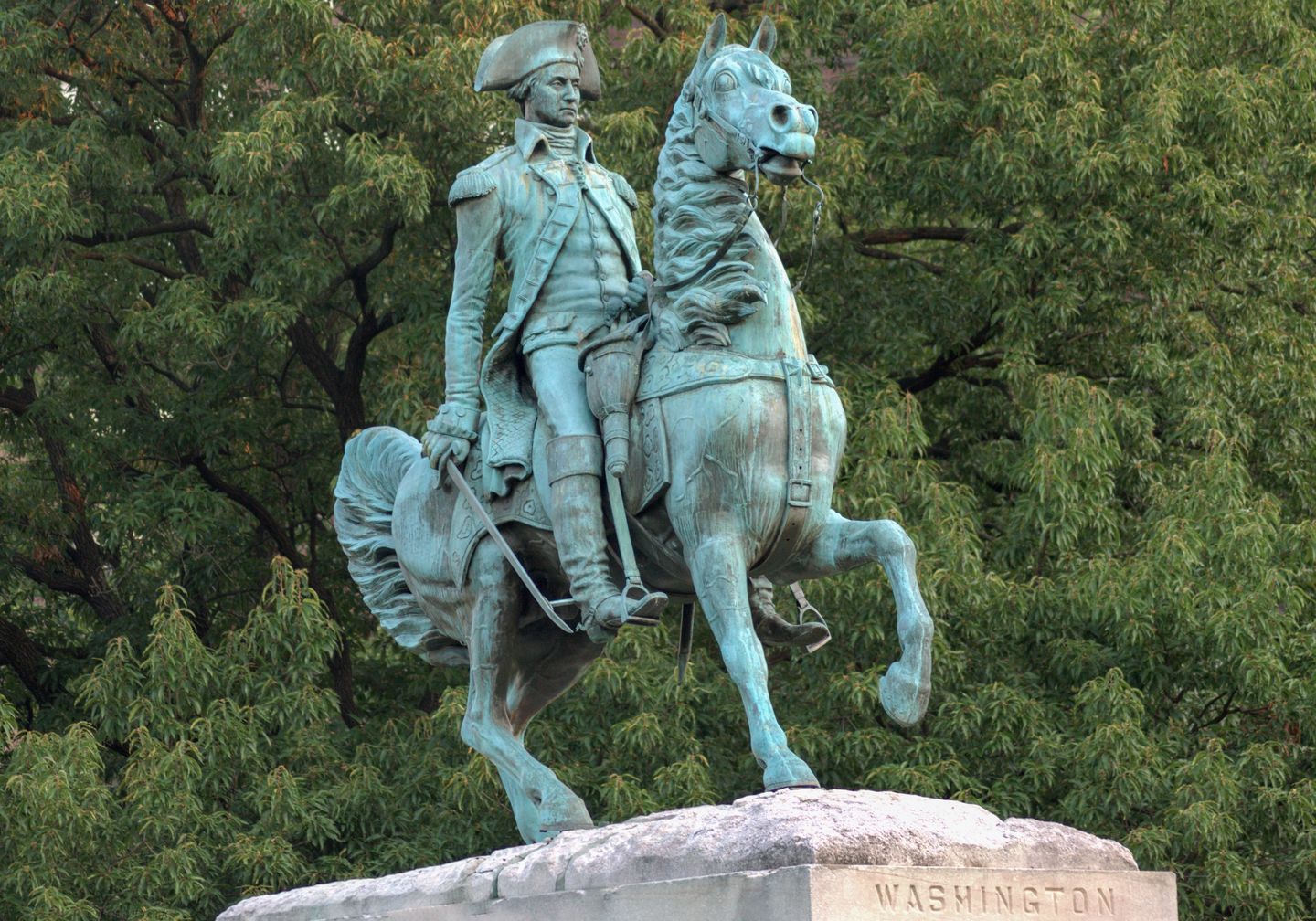In his latest work, Greenfield delves into the tumultuous period following the American Revolution, when the newly formed United States was grappling with its identity and future direction. The Founding Fathers, hailed as heroes for their role in securing independence from British rule, soon found themselves facing a new challenge from radical elements within their own borders.
The book sheds light on the rise of radical leftists in post-Revolutionary America, who sought to disrupt the new government and push for drastic changes in the fledgling nation. These radicals, often inspired by the revolutionary fervor of their European counterparts, advocated for radical social and political reforms that threatened to upend the carefully crafted system of government established by the Founding Fathers.
Greenfield’s research uncovers a little-known chapter in American history, where the ideals of liberty and democracy were tested by internal strife and ideological conflict. The Founding Fathers, who had risked everything to secure independence for the colonies, now faced a new threat from within that challenged the very foundations of the republic they had fought so hard to establish.
One of the central figures in this struggle was George Washington, the revered commander-in-chief of the Continental Army and the first President of the United States. Washington, known for his leadership and statesmanship, found himself at odds with the radical leftists who sought to undermine the authority of the federal government and impose their own radical agenda.
Greenfield’s book explores the tactics and strategies employed by these radical leftists, who used a combination of propaganda, agitation, and violence to advance their agenda. From street protests to underground publications, these radicals sought to sow discord and division within American society, challenging the legitimacy of the government and the authority of its leaders.
The book also delves into the response of the Founding Fathers to this growing threat, as they grappled with how to preserve the fragile unity of the young nation in the face of internal dissent. Washington and his fellow Founders were forced to navigate a complex political landscape, where loyalty and allegiance were constantly tested by competing visions of America’s future.
Despite the challenges posed by the radical leftists, the Founding Fathers ultimately prevailed, preserving the integrity of the republic and solidifying the principles of liberty, democracy, and rule of law. Through their leadership and vision, they were able to steer the nation away from the brink of chaos and division, ensuring that the ideals of the American Revolution would endure for generations to come.
Greenfield’s book serves as a reminder of the fragility of democracy and the constant vigilance required to safeguard the principles upon which the nation was founded. It sheds light on a forgotten chapter in American history, where the Founding Fathers faced off against radical forces that sought to upend the very fabric of society.
As the United States grapples with its own internal divisions and challenges in the modern era, Greenfield’s work serves as a cautionary tale of the dangers posed by radical ideologies and the importance of upholding the values of freedom, equality, and justice. By understanding the struggles of the past, we can better navigate the complexities of the present and ensure a brighter future for generations to come.









